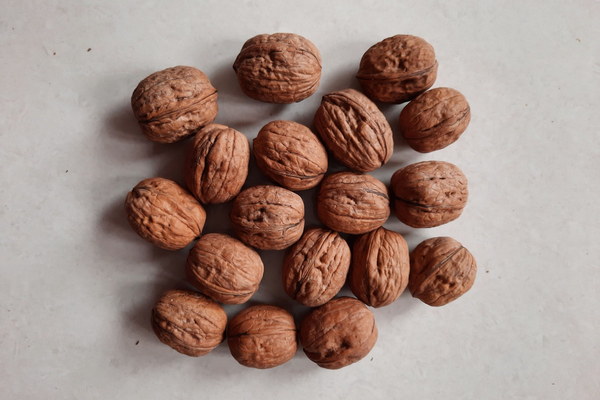The Paradox of Dampness Why Eliminating Dampness Can Sometimes Worsen It
In the realm of traditional Chinese medicine, the concept of dampness is a common ailment that plagues many individuals. It is characterized by symptoms such as fatigue, bloating, and weight gain. The paradoxical phenomenon of the more you eliminate dampness, the more dampness you get has intrigued healthcare professionals and patients alike. This article delves into the reasons behind this paradox and offers insights on how to effectively combat dampness.
Firstly, it is important to understand that dampness is not just a mere inconvenience but a complex condition that arises from an imbalance in the body's Yin and Yang energies. When the body's Yin (cool, moist) and Yang (warm, dry) energies are out of harmony, dampness can accumulate, leading to various health issues. Traditional Chinese medicine (TCM) views dampness as a substance that can be both external and internal, and it can affect different organs and meridians in the body.
The paradox of dampness arises from the body's attempt to balance itself. When dampness is eliminated, the body's natural response is to produce more dampness to restore balance. This is because the body perceives the elimination of dampness as a loss of Yin energy, which it tries to compensate by producing more dampness. As a result, the cycle of eliminating dampness and experiencing more dampness continues.
Several factors contribute to the paradox of dampness:
1. Overuse of dampness elimination herbs: TCM practitioners often prescribe herbs such as Cinnamon, Atractylodes, and Poria to eliminate dampness. However, excessive use of these herbs can deplete the body's Yin energy, leading to the production of more dampness.
2. Improper lifestyle: A diet rich in damp-producing foods, such as dairy, sugar, and refined carbohydrates, can exacerbate dampness. Additionally, sedentary lifestyles and overexposure to damp environments can contribute to the accumulation of dampness.
3. Underlying health conditions: Certain health conditions, such as diabetes, hypothyroidism, and kidney disease, can disrupt the body's Yin and Yang balance, leading to dampness. These conditions may require a comprehensive approach to address the root cause, rather than solely focusing on dampness elimination.
To break the cycle of eliminating dampness and experiencing more dampness, consider the following strategies:

1. Balance your diet: Incorporate a variety of foods that support your body's Yin and Yang energies. Include fresh vegetables, fruits, lean proteins, and whole grains. Avoid damp-producing foods such as dairy, sugar, and refined carbohydrates.
2. Exercise regularly: Physical activity helps to promote the circulation of Qi (vital energy) and eliminates dampness. Engage in activities such as walking, jogging, yoga, or tai chi.
3. Manage stress: Chronic stress can disrupt the body's Yin and Yang balance, leading to dampness. Practices such as meditation, deep breathing exercises, and mindfulness can help manage stress levels.
4. Seek professional guidance: If you are struggling with dampness, it is essential to consult a qualified TCM practitioner or healthcare professional. They can provide personalized advice and treatment options tailored to your specific needs.
In conclusion, the paradox of dampness is a complex issue that requires a holistic approach to address. By understanding the root causes and implementing lifestyle changes, you can effectively combat dampness and achieve a state of balance and well-being. Remember that the journey to wellness is a continuous process, and it is essential to be patient and persistent in your efforts.









